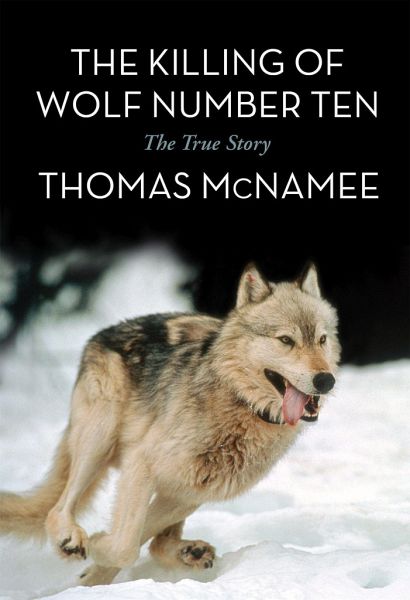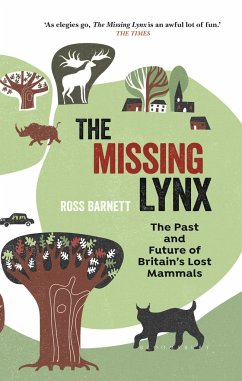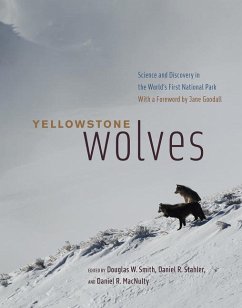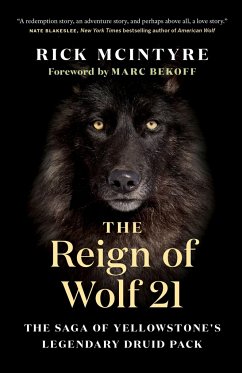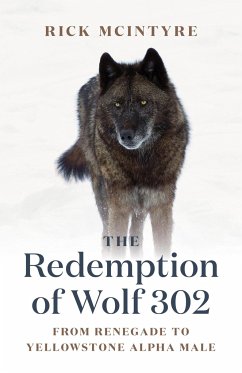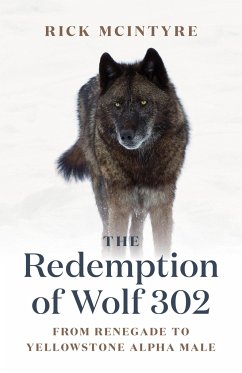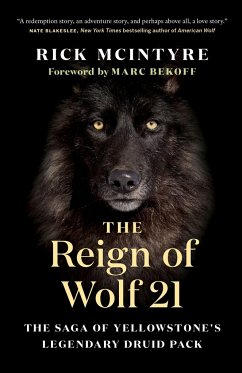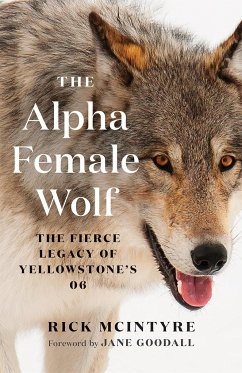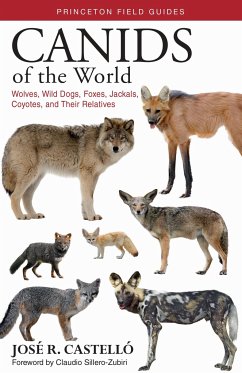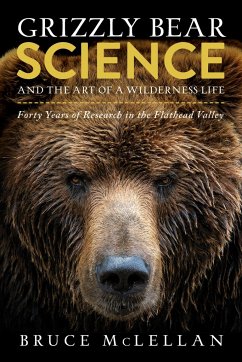Thomas McNamee was born in Memphis and grew up there and in New York City. He studied writing at Yale under the tutelage of Robert Penn Warren. In McNamee’s early career he wrote mostly poetry, publishing in The New Yorker, The Yale Review, Southern Review, The Georgia Review, New England Review, Poetry, and a number of other literary journals. In 1984, his first book, The Grizzly Bear, was published. It has had several revised editions, most recently in 1997. The New York Times Book Review called it a classic,” and it is still considered the definitive work on its subject. In 1987 McNamee published Nature First: Keeping Our Wild Places and Wild Creatures Wild, a short book of conservation philosophy. In 1988 McNamee became a partner in a cattle ranch on the West Boulder River in Park County, Montana, just north of the Absaroka-Beartooth Wilderness and in 1993 he moved there to live full-time. In 1990 his Memphis based historical novel A Story of Deep Delight was published. Having been active for over a decade as an advocate for Yellowstone wolf reintroductionwhile also working with others to reconcile that act with the region’s ranchersMcNamee published The Return of the Wolf to Yellowstone in 1997. The Boston Globe called it a deep-feeling and thoughtful book, steeped in wolf biology but informed by ecology, politics, and basic human nature...with [a] stringent sense of fairness.” It was named by Amazon.com as one of sixteen all-time conservation classics,” alongside Rachel Carson’s Silent Spring and Aldo Leopold’s Sand County Almanac. McNamee and his wife moved to San Francisco in 1988, but spend part of every summer in Montana. He wrote the documentary Alexander Calder, which was broadcast on the PBS American Masters” series in 1998 and received both a George W. Peabody Award and an Emmy. McNamee was a member of the board of Rare Conservation, which helps local communities establish enterprises that benefit from nature reserves without harming them. There he learned that farms harbor more biodiversity than all the nature reserves on the planet, and that led to an interest in food systems. His writing about food has appeared in Saveur, Food & Wine, Travel & Leisure, and Town & Country. He is the author of Alice Waters and Chez Panisse: The Romantic, Impractical, Often Eccentric, Ultimately Brilliant Making of a Food Revolution and The Man Who Changed the Way We Eat: Craig Claiborne and the American Food Renaissance, a biography of the father of modern American food. McNamee has also served on the board of directors of the Center for Education about Sustainable Agriculture (CUESA) in San Francisco. McNamee has also published travel writing, art criticism, political commentary, and, mainly in The New York Times Book Review, many book reviews.
